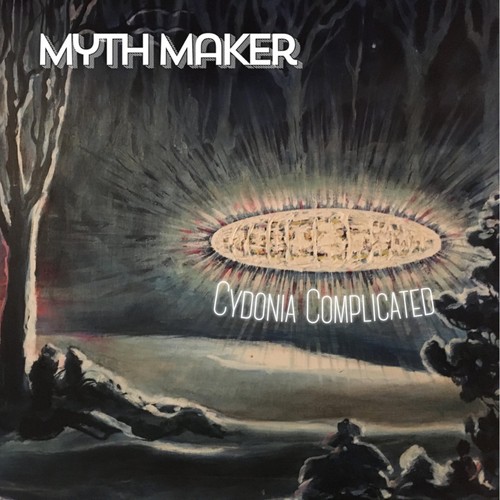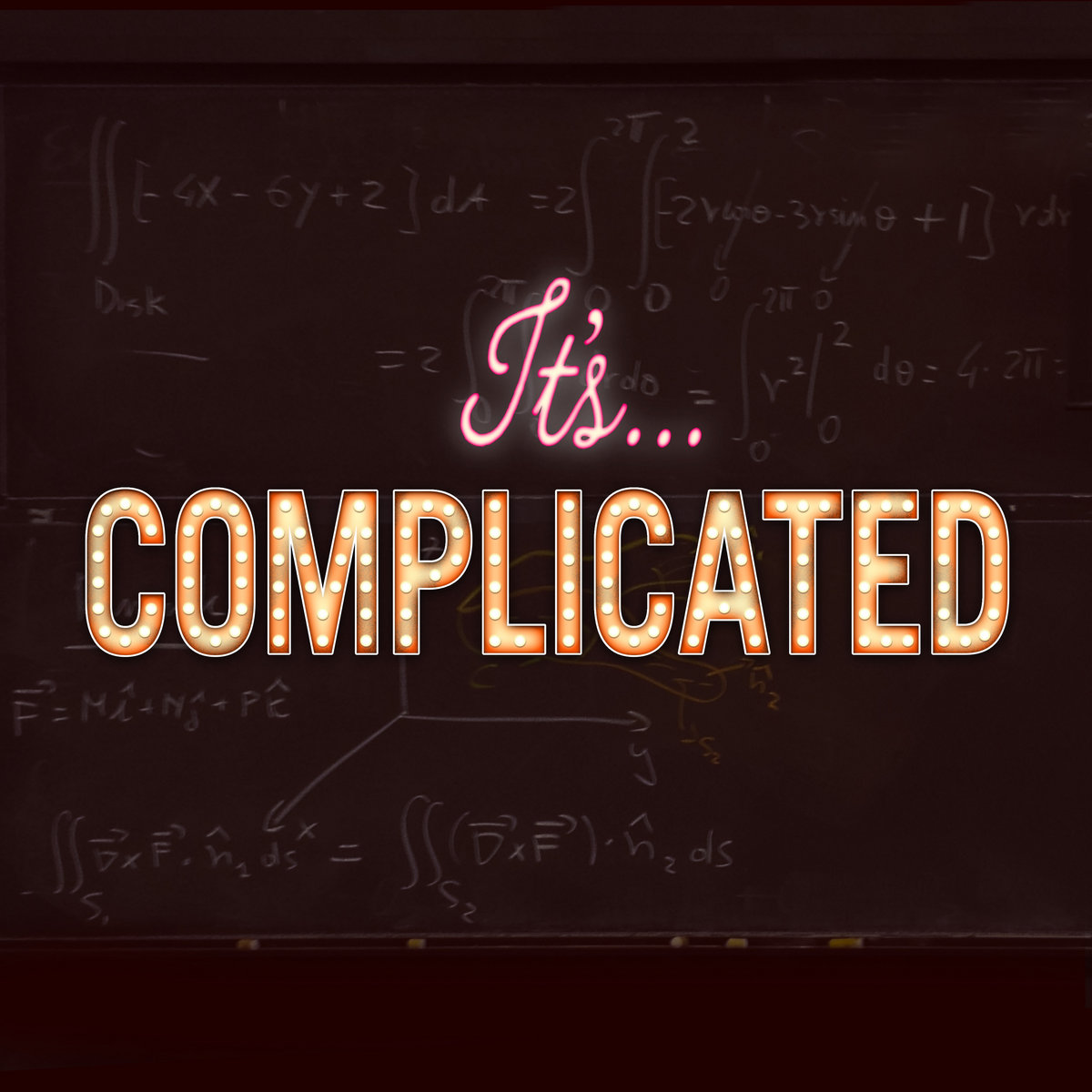


The authors also found that these types of reviews have a stronger effect on less-experienced users and less-reviewed products/services. That’s according to research from Carlson School Professor De Liu and colleagues published in Information Systems Research. Further, your review will be of a “higher quality, longer, and more novel” than what your friend wrote. If your friend posts a restaurant review on Yelp, you are three times more likely to post a review when you visit that same restaurant. Surprisingly, offering these features together leads to lower engagement since one user’s submission is crowded out by others.

Through a randomized control trial, they found “that content submission significantly increases user engagement (+11%) and retention (+14%).” However, accessing crowdsourced content only had a positive effect on retention (+13%).

In a forthcoming Management Science article, researchers Zhuojun Gu (a former Carlson School PhD student now at the University of Texas Arlington), Carlson School Professor Ravi Bapna, Associate Professor Jason Chan, and Professor Alok Gupta tested two features: the ability to submit content and the ability to access crowdsourced content. According to Carlson School research, introducing crowdsourcing features can help. App developers, of course, want to change that. How many apps are on your phone? It’s likely “too many” for a lot of us, which means we’re not using apps consistently. The researchers-Assistant Professor Mochen Yang, Associate Professor Yuqing Ren, and Professor Gediminas Adomavicius-advice for organizations: "the introduction of new design features may have sophisticated, unintended, consequences on user behaviors." Take note, social media managers and platform designers! Mobile App Use Grows with Crowdsourcing Features The increased engagement did not affect all posts equally instead it was “rich getting richer” with posts that received no engagement continuing to go unnoticed. These “Reactions” to user-generated posts on Facebook business pages, according to Carlson School researchers in an article published in ACM Transactions on Computer-Human Interaction, have led to more engagement overall, including more Likes and Comments, than before the “Reactions” feature was introduced. Facebook “Reactions” Lead to More Engagementīelieve it or not, the ability to like, love, care, laugh, say wow, be sad or angry on Facebook posts has been around since 2016. Recent, newly-published studies have uncovered information that companies and people should heed moving forward. Researchers in the Carlson School’s Information & Decision Sciences department are looking into aspects of these crowds: where they form, how they work, and what impact they have on our lives. From social media to crowdfunding new ideas to crowdsourcing information, the wisdom shared by the many is still as popular as ever. While the global COVID-19 pandemic has greatly limited our ability to gather, physically, in crowds, nothing has stopped people from gathering in virtual spaces of all kinds.


 0 kommentar(er)
0 kommentar(er)
